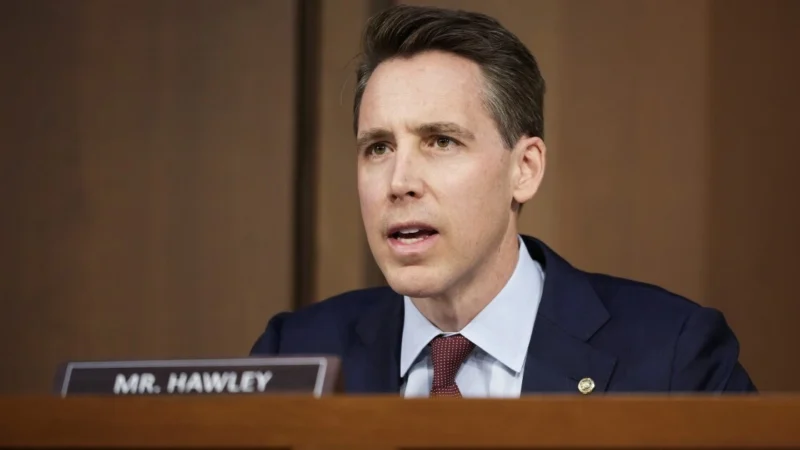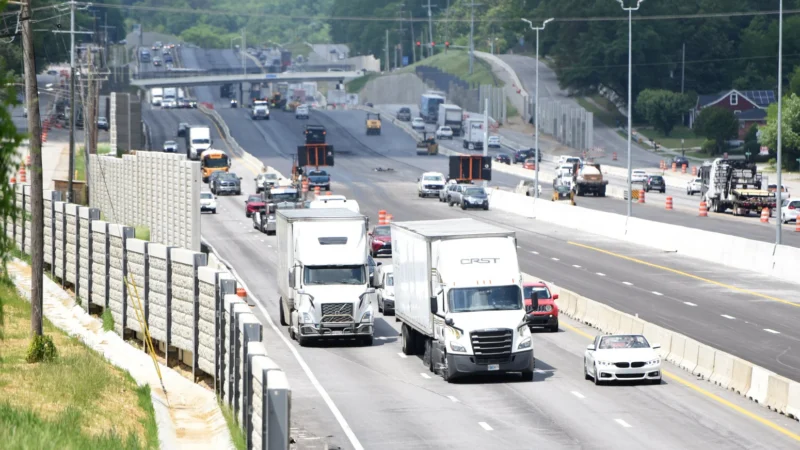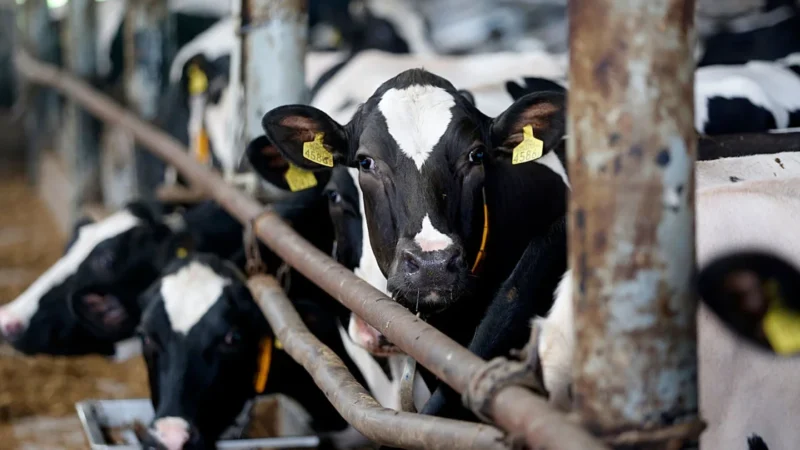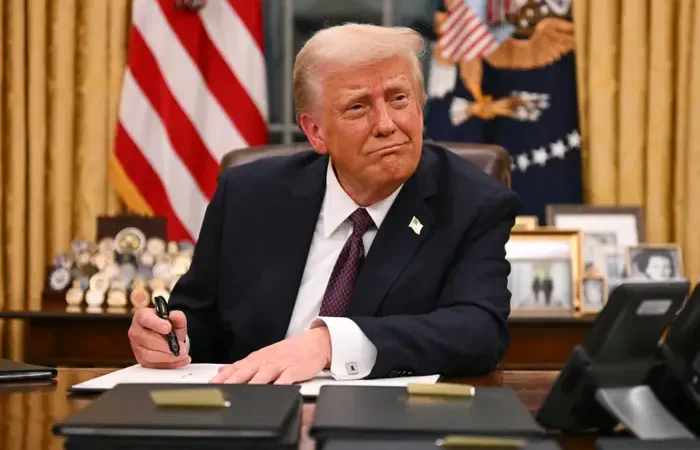Republican lawmakers and Farmers are already panicking over RFK Jr.’s ‘Make America Healthy Again’ report, before it’s even out
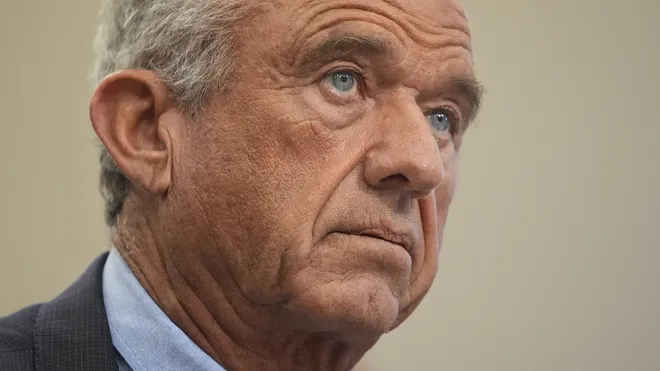
A much-anticipated White House report on the rise of childhood diseases has sparked intense political friction, setting up a conflict between Health Secretary Robert F. Kennedy Jr.’s “Make America Healthy Again” campaign and a coalition of Republican lawmakers and agricultural interests worried about what the findings might reveal.
President Donald Trump had vowed to deliver an investigation within his first 100 days in office, one that would scrutinize how modern American living — from pharmaceuticals routinely prescribed to children to the food choices available in school cafeterias — may be fueling an uptick in conditions like ADHD, childhood obesity, and depression. Now, that review, spearheaded by what’s been dubbed the “MAHA Commission,” is expected to be unveiled Thursday.
But before the report has even been released, it’s stirring anxiety — especially among farmers and their GOP allies — over what it might say about glyphosate, the active ingredient in many of the most widely used crop pesticides. Kennedy has pushed back against the speculation, insisting the report won’t be harmful to the agricultural community.
Speaking from the Senate floor on Wednesday, Sen. Chuck Grassley (R-Iowa) voiced alarm that rural constituents had been left out of the process.
“I hope there is nothing in the MAHA report that jeopardizes the food supply or the livelihood of farmers,” Grassley said.
Last month, a bloc of 79 Republican lawmakers, including several from major farming states, raised the alarm in a letter to Kennedy, warning that any move to restrict agricultural chemicals could have dire consequences. “Yields and quantity are negatively impacted” without the use of certain products, they wrote.
Glyphosate has been a mainstay in American agriculture for more than five decades. Farmers defend its continued use as vital to weed control and as a means of avoiding over-tilling, which helps preserve soil and save on fuel costs.
“There’s a reason why we still use: It works,” said Missouri grower Blake Hurst, a past president of the Missouri Farm Bureau.
Kennedy’s track record as a crusader against major corporations — particularly those behind Roundup, the glyphosate-based herbicide — is what fuels the unease. The World Health Organization has classified glyphosate as a probable human carcinogen, a label that continues to stoke controversy and legal challenges in the U.S.
On Wednesday, Kennedy received a letter from a broad coalition of supporters urging him to hold powerful chemical manufacturers accountable. “Evidence is piling up and the risks from pesticide exposure are undeniable,” it stated. Signed by 360 individuals — including farmers, ex-campaign aides, and members of Kennedy’s previous health-focused nonprofit — the letter underscores the mounting pressure surrounding the commission’s conclusions.
Dave Murphy, who previously fundraised for Kennedy’s presidential run, said he submitted scientific findings and public comments regarding pesticide risks to the Trump administration in the hope they’d be included in the final document. But according to Murphy, political influence in Washington may be shaping the outcome. “There’s a lot of pressure within Washington” on what makes it into the final draft, he said.
During a Senate hearing that same day, Mississippi Sen. Cindy Hyde-Smith pressed Kennedy on whether the report would unfairly target agricultural communities.
“There’s not a single word in them that should worry the American farmer,” Kennedy responded. “We are not going to do anything to jeopardize that business model.”
The hearing, before the Senate Appropriations Committee, was also a chance for Kennedy to advocate for the White House’s proposed $500 million increase in funding for the “Make America Healthy Again” campaign. The same budget blueprint includes significant cuts to public health programs, including those focused on infectious disease prevention, maternal care, and medical innovation.
Trump’s February executive order officially launched the MAHA Commission to examine what he called “threats” to children’s health, including everything from pharmaceuticals to food additives and chemical exposures. The panel was supposed to include Kennedy, Agriculture Secretary Brooke Rollins, FDA Commissioner Marty Makary, and NIH Director Jay Bhattacharya.
Despite Kennedy’s pledge of “radical transparency” as head of Health and Human Services, no public meetings of the commission were held. The administration only shared short, heavily edited footage from a single behind-closed-doors meeting in March.
When asked for comment, a White House spokesperson described the forthcoming report as a “historic step” but offered no specifics about its contents.
Sources:
https://www.reuters.com/world/us/glyphosate-health-report-farmers-response-2025
https://www.politico.com/news/2025/05/20/kennedy-childhood-diseases-maha-00123578
https://www.nytimes.com/2025/05/21/us/politics/kennedy-maha-report-farmers.html
Note to our readers: We understand some may question the validity of this report. The information above is compiled from verified international and independent news outlets, including Reuters, Politico, and The New York Times. All claims have been fact-checked against multiple reliable sources to ensure accuracy and transparency.
